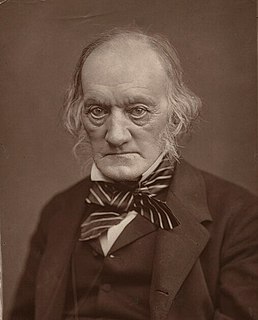A Quote by Noam Chomsky
Human language appears to be a unique phenomenon, without significant analogue in the animal world.
Related Quotes
And people who believe in God think God has put human beings on earth because they think human beings are the best animal, but human beings are just an animal and they will evolve into another animal, and that animal will be cleverer and it will put human beings into a zoo, like we put chimpanzees and gorillas into a zoo. Or human beings will all catch a disease and die out or they will make too much pollution and kill themselves, and then there will only be insects in the world and they will be the best animal.
The relationship between human and animal is wholly symbiotic. The person needs the animal for comfort and companionship, and the animal needs the love and caring of the human. It is a classic "win-win" situation. It sounds simple - and it is. That is why it works so well. In most cases, it will be remarkably spiritually uplifting to both human and animal.
The significance of language for the evolution of culture lies in this, that mankind set up in language a separate world beside the other world, a place it took to be so firmly set that, standing upon it, it could lift the rest of the world off its hinges and make itself master of it. To the extent that man has for long ages believed in the concepts and names of things as in aeternae veritates he has appropriated to himself that pride by which he raised himself above the animal: he really thought that in language he possessed knowledge of the world.
It must be stressed that there is nothing insulting about looking at people as animals. We are animals, after all. Homo sapiens is a species of primate, a biological phenomenon dominated by biological rules, like any other species. Human nature is no more than one particular kind of animal nature. Agreed, the human species is an extraordinary animal; but all other species are also extraordinary animals, each in their own way, and the scientific man-watcher can bring many fresh insights to the study of human affairs if he can retain this basic attitude of evolutionary humility.
If language naturally evolves to serve the needs of tiny rodents with tiny rodent brains, then what's unique about language isn't the brilliant humans who invented it to communicate high-level abstract thoughts. What's unique about language is that the creatures who develop it are highly vulnerable to being eaten.
Evolution explains our biological evolution, but human beings are very unique creatures. As the Dobzhansky said, all animals are unique; humans are the uniquest. And that uniqueness of being human, language, art, culture, our dependency on culture for survival, comes from the combination of traditional biological evolution.






































